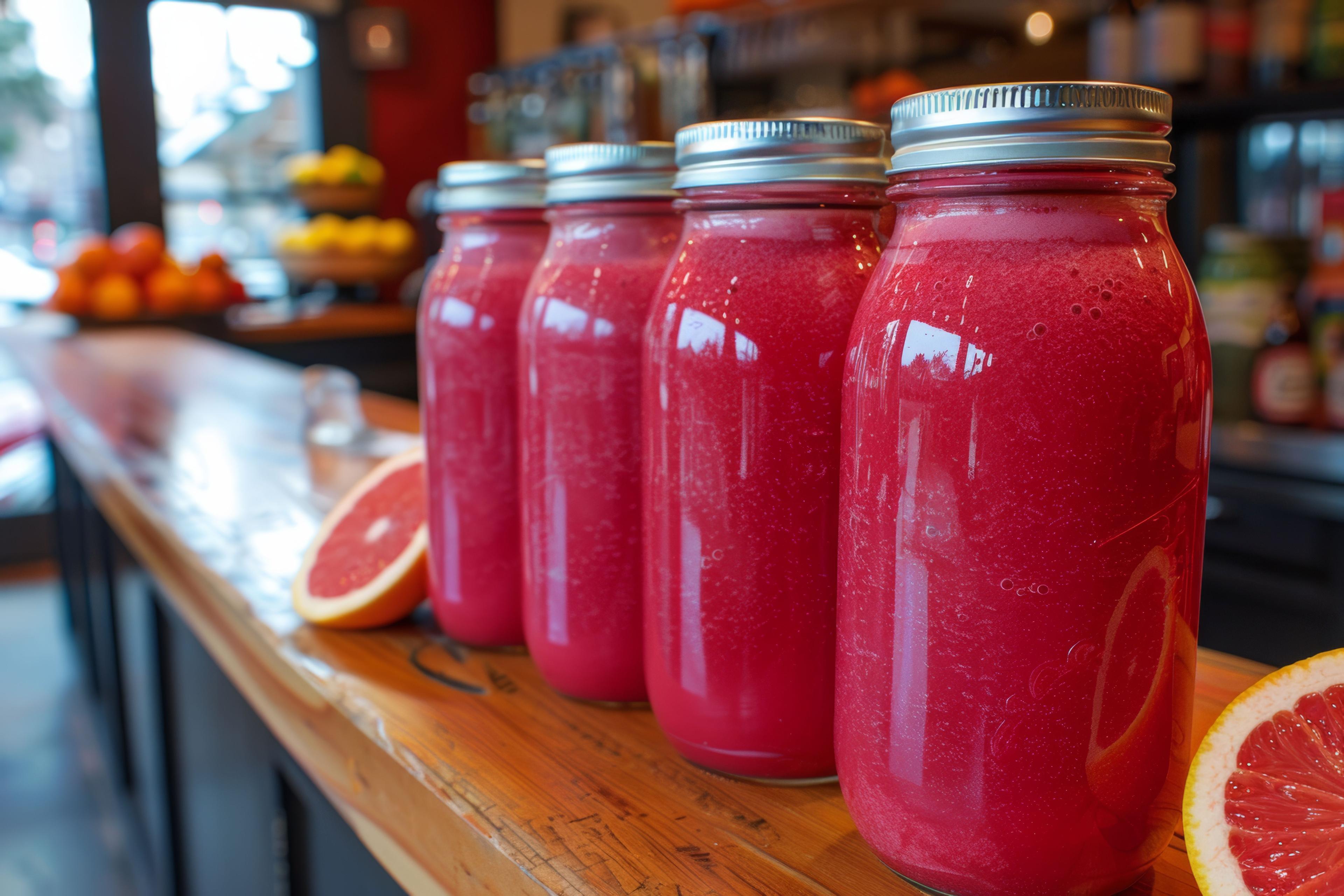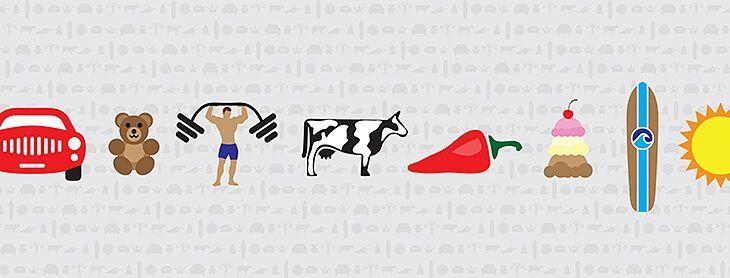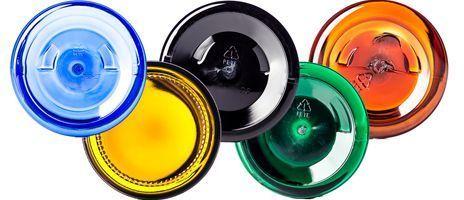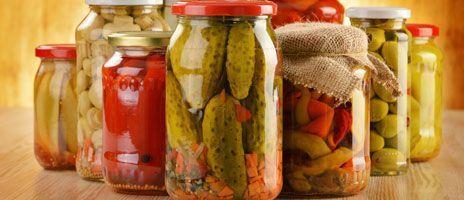The Pros and Cons of Packaging with Mason Jars


Mason jars have long been favored for their durability, reusability, and classic aesthetic. Businesses across industries, from food and beverage to cosmetics and home décor, often use them as a packaging solution. But is packaging with mason jars the right choice for your business? Let’s examine the pros and cons.
Pros of Packaging with Mason Jars
1. Sustainable and Eco-Friendly
Mason jars are reusable and recyclable, making them a top choice for environmentally conscious brands and consumers.
- Reusability: Customers can repurpose mason jars for storage, décor, or DIY projects.
- Recyclability: Glass can be recycled indefinitely without losing quality.
- Plastic-Free Alternative: Ideal for brands looking to reduce plastic waste.
- Reduced Carbon Footprint: Many glass manufacturers use recycled glass in production, further decreasing environmental impact.
2. High-Quality and Durable
Unlike plastic, mason jars are sturdy and long-lasting.
- Break-Resistant: While glass can break, high-quality mason jars are thick and durable.
- Airtight Seals: Ensures product freshness for food and cosmetic items.
- Heat and Cold Resistant: Suitable for hot fills and refrigeration.
- Chemical-Free: Glass does not leach harmful chemicals like BPA found in plastic containers.
3. Aesthetic and Premium Appeal
Mason jars add a charming, high-end look to any product.
- Vintage and Rustic Look: Ideal for artisanal and handcrafted brands.
- Transparent Design: Allows customers to see the product inside, enhancing trust.
- Customizable: Can be decorated with labels, embossing, or unique lids.
- Brand Recognition: Distinctive packaging makes products more memorable.
4. Versatile for Multiple Industries
Mason jars can be used in various product categories.
- Food & Beverages: Ideal for jams, honey, sauces, and drinks.
- Beauty & Skincare: Suitable for scrubs, lotions, and candles.
- Home Goods: Used for candles, spices, and home fragrances.
- Gift Packaging: Popular for DIY kits, holiday gifts, and limited-edition products.
5. Consumer Preference and Perceived Value
Customers often associate mason jars with quality and sustainability.
- Premium Pricing Potential: Consumers may be willing to pay more for sustainable, reusable packaging.
- Loyalty and Brand Trust: Sustainable packaging builds long-term customer relationships.
- Multi-Purpose Use: Consumers enjoy repurposing jars for kitchen storage, organization, and decor.
Cons of Packaging with Mason Jars
1. Higher Cost Compared to Plastic
Glass is more expensive to produce and transport than plastic.
- Material Costs: Higher production costs for glass than plastic.
- Shipping Costs: Heavier weight increases freight expenses.
- Breakage Risks: Potential for product loss during transit.
- Storage Costs: Requires more warehouse space than stackable plastic packaging.
2. Heavier and Bulkier
Mason jars add weight and take up more storage space.
- Storage Challenges: Requires more space in warehouses and retail displays.
- Consumer Portability: Less convenient for on-the-go products.
- Increased Transportation Costs: Heavier weight results in higher shipping fees.
3. Fragility and Handling Concerns
Glass can break if not handled carefully.
- Risk of Shattering: Requires protective packaging.
- Extra Shipping Precautions: Fragile nature adds to packing costs.
- Retail Handling: More prone to damage in high-traffic store environments.
- Return Policy Considerations: Companies may need flexible policies to accommodate potential breakage issues.
4. Lid and Seal Considerations
Not all mason jars provide an airtight seal, which may affect certain products.
- Metal Lids May Rust: Especially for products stored in humid environments.
- Silicone or Plastic Seals Needed: Some products require an added layer of protection.
- Compatibility Issues: Some closures may not fit universally across different jar brands.
- Customization Challenges: Specialized lids for pour spouts or resealable tops may add extra costs.
5. Production and Scalability Challenges
For businesses planning large-scale distribution, mason jar packaging presents logistical difficulties.
- Production Speed: Glass jars take longer to manufacture than plastic alternatives.
- Supply Chain Constraints: Availability of glass jars may fluctuate based on demand.
- Automation Limitations: Many businesses use automated systems that work more efficiently with lightweight packaging.
- Environmental Regulations: Stricter transport guidelines apply to glass packaging in some regions.
Factors to Consider When Choosing Mason Jar Packaging
1. Product Type
- Perishable Goods: Requires airtight seals to maintain freshness.
- Dry Goods: Less risk of spoilage, allowing for wider lid options.
- Beauty Products: Requires leak-proof lids to prevent spills.
2. Target Audience
- Eco-Conscious Consumers: Likely to prefer sustainable packaging.
- Luxury Market: May appreciate premium glass packaging.
- Mass Market: Cost considerations may lead to alternative packaging choices.
3. Brand Identity
- Rustic and Handmade Brands: Mason jars complement an artisanal aesthetic.
- Modern and Sleek Brands: Glass jars with minimalist designs may work better.
- Customization Potential: Consider embossing or special coatings for added brand recognition.
Conclusion
Mason jars offer a sustainable, visually appealing, and high-quality packaging solution, but they also come with cost and logistical challenges. Whether mason jars are the right choice for your business depends on your product type, branding goals, and budget considerations. If you prioritize sustainability and premium packaging, mason jars may be an excellent investment. However, if weight, breakability, or cost are concerns, alternative packaging might be worth exploring.
By carefully evaluating the benefits and drawbacks of mason jar packaging, businesses can make informed decisions that align with their branding, production capabilities, and sustainability goals.




